Tension over RECs, BVAS, court cases, 7 other issues
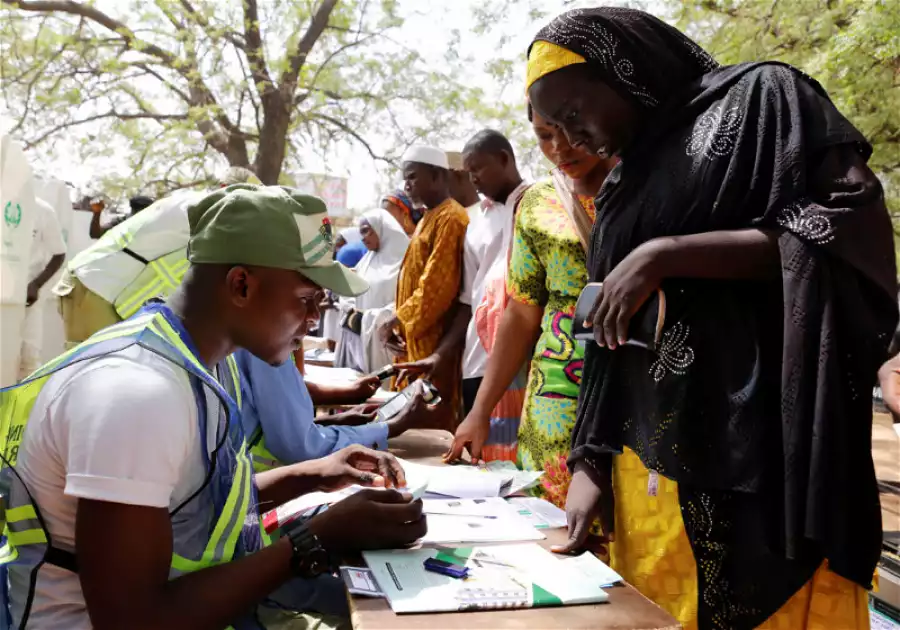
Tension over RECs, BVAS, court cases, 7 other issues
The 2023 election cycle is consequential. Nigeria is literally on the ballot.
96.2 million voters are poised to decide their collective future in one of the most high-stakes elections ever witnessed in the country.
But six days to the presidential and National Assembly polls, rather than optimism, there is anxiety among the electorate over critical issues that may likely define the polls. Though pre-election periods in the country are historically ruled by fear, this time, the tension is high-pitched. And there Is paranoia across the land.
The political process, which has no history of certainty and stability, became increasingly flawed during this election period, culminating in the current tense atmosphere.
Specifically, the charade the campaigns turned into has not only exacerbated the risks of an uncertain exercise but has also eroded public trust.
Inflammatory statements
Instead of using the four-month campaign period to market manifestos, it became a season of inflammatory remarks and electoral violence. In a momentous election as this, the least expected in the long and expensive road to the presidency is sheer mindlessness, absence of direction and what Kovacs, Mimmi Söderberg and Jesper Bjarnese called “Patron and Client Politics” in Violence in African Elections: Between Democracy and Big Man Politics.
Unfortunately, the outcome of the campaigns weakened public confidence in the political parties and as well increased the risk of a flawed exercise. For instance, in the months leading to the elections, anomalies of all shades dominated the scene in flagrant breach of the 2022 Electoral Act as amended. Some candidates have been notorious for stoking ethnic and religious sentiments, violating Section 97 of the Act. A report commissioned by this newspaper established that in the last three months, no fewer than 41 politically motivated attacks occurred.
Turmoil
Another report by SB Morgen said 27 Nigerians were killed in 57 politically-influenced violent incidents between January and December 2022. In the incidents, which have increased fears about the likely conduct of the polls, President Muhammadu Buhari, Peoples Democratic Party, PDP, presidential candidate, Alhaji Atiku Abubakar, Mr Peter Obi of Labour Party, LP, Governor Ifeanyi Okowa and Governor Seyi Makinde were not spared.
Apart from the highly exposed persons, some politicians have also been targets of these attacks, with some losing their lives. As things stand, Nigerians are poised to cast their ballot amid uncertainty and turmoil.
The issues at play identified by Sunday Vanguard include concerns over ethnicity, religion, violence, security agents, deployment of technology/ Bimodal Verification Accreditation System, BVAS, Independent National Electoral Commission, INEC, and Buhari.
Others are ongoing election cases in courts/judgments, naira redesign and fuel scarcity. How these wide-reaching and varied sets of issues play out, would determine the integrity of the elections.
Security agents
The charged nature of polls in Nigeria occasioned by an entrenched culture of electoral violence, demands that security agents play central roles during elections. While having them prevent the breakdown of law and order on election day is inevitable, security agents have over the years evolved into one of the major players aiding and abetting rigging.
Most post-mortems of past elections since 1999 indicted men in uniform for facilitating electoral misconduct or creating an atmosphere of fear among voters.
Notwithstanding, the multidimensional security challenges facing the nation, make their presence inexorable.
Chairman of INEC, Professor Mahmood Yakubu, had acknowledged that security concerns pose a significant threat and are more widespread than it was during the last two elections.
The situation, however, implies that more security personnel would be deployed across the states. Going by INEC projection, 530,538 security agents would be needed during the general elections.
The composition includes the army, police and members of the Nigerian Civil Defence and Security Corps among others.
While observers are not opposed to their deployment, worries over neutrality are widespread. The fears stem from how they had been used to undermine the integrity of the electoral process in the past.
Also, because of existing security challenges, there is the likelihood that the political class would manipulate the situation to create politically-motivated violence.
Violence/Insecurity
As earlier highlighted, insecurity is the most significant threat to the elections.
It emerged as the major obstacle among all the challenges given its multidimensional nature, this time. Unlike previous polls when incidents of insecurity were sectional, almost every geopolitical zone faces a major security threat.
If pre-election attacks witnessed nationwide are anything to go by, politically motivated violence may affect the safety of votes, voters and election materials. The situation is worsened by the alarming number of displaced communities in different parts of the country. Non-state actors like Boko Haram, bandits, and Unknown Gunmen behind the displacements are opposed to the elections.
Groups like the Tony Blair Institute for Global Change, TBIG, had also raised the alarm about the threats these non-state actors pose to the polls.
In a report titled: Democracy Under Threat: Why the Security Risks to Nigeria’s 2023 Elections Must Not Be Overlooked, it observed: “While peaceful and credible elections have never been a foregone conclusion in Nigeria, there are additional threats, with the biggest among them the violent activities of several non-state armed groups who have publicly expressed a wish to scupper the country’s vulnerable democracy.
Boko Haram, which has attempted to disrupt past elections and has expanded its operations since the last cycle, remains a threat while others – the Indigenous People of Biafra (IPOB) and “bandit” gangs – have emerged with sophistication and lethality that should raise concerns. Past experience shows that an election can be a trigger for violence, with the potential for widespread social unrest.”
240 Polling Units
Meanwhile, findings by Sunday Vanguard had earlier revealed that owing to volatility, elections were threatened in some parts of Borno, Sokoto, Niger, Kaduna, Zamfara, Imo, Adamawa, Yobe, Katsina, Enugu and Ebonyi.
Rivers, Anambra and Kano also emerged as areas of concern because of undue government restrictions on the opposition.
INEC on its part, INEC recently gave credence to this paper’s earlier report, saying elections won’t be held in 240 polling units mainly for security reasons. The commission said the units are spread across 28 states. This means that the safety of the electoral process in such places and even other parts of the country isn’t guaranteed.
The number of politically motivated attacks and their geopolitical spread, provide an insight into the level of threat insecurity poses
Religion
Had the All Progressives Congress, APC, not settled for a Muslim/Muslim ticket, the challenge religion poses to the polls would have been downplayed. But the selection of a Muslim, Sen Kassim Shettima as running mate to Bola Tinubu is believed to have upgraded the threat. The choice ended up making religion an issue.
Up until now, APC’s action is largely considered a breach of the country’s unwritten power-sharing convention, which ensures the President and his deputy are people of different religions.
The majority, especially Christians still regard the political arrangement as a disregard for Nigeria’s multi-religious composition.
Though the ruling party downplayed the issue as next to nothing, it may likely have far-reaching consequences on the presidential election.
For example, the Blair Institute for Global Change identified the same faith ticket as one of the biggest threats to the presidential poll.
Ethnicity
Historically, tribalism has been a major indicator of the nation’s electoral process. This race, like others, isn’t different given that three leading candidates hail from Nigeria’s dominant ethnic groups: Yoruba, Igbo and Hausa. During the campaigns, conversations around the elections were tribal, leading to mutual mistrust among people of different ethnic backgrounds.
In fact, fears of ethnic conflagration, not minding the likely direction of the pendulum are rife.
This suggests that irrespective of the fact that voters appear united by the sufferings of the last seven years under the APC-led administration, tribal emotions would still drive voting patterns.
Section 97 of the 2022 Electoral Act prohibits the use of ethnicity, regionalism or religion to gain political advantage.
It specifically says: “A candidate, person or association that engages in campaigning or broadcasting based on religious, tribal or sectional reason to promote or oppose a particular political party or the election of a particular candidate, commits an offence under this Act and is liable on conviction to (a) a maximum fine of N1 million or imprisonment for a term of 12 months or both and (b) in the case of a political party, to a maximum of N10 million.” But this law is believed to have been flagrantly disregarded by candidates, especially some presidential candidates.
INEC/RECs
The credibility of the elections depends on INEC’s neutrality. Only an unbiased commission can deliver an unquestionable exercise.
Hence the need to realise the importance of ensuring the integrity of the elections.
Without prejudice to the improvements INEC has recorded in election management, questions over its impartiality exist. Simply put, INEC suffers from a trust deficit.
In a historic election like this, the electoral umpire is expected to ensure the process survives standards and integrity tests. But if history is any indicator, many doubt INEC’s capacity to deliver a credible exercise.
For instance, there are worries about some of its Resident Electoral Commissioners, RECs, who were accused of having affinities with parties.
Questions have also been raised about some National Commissioners, who would be superintending over elections for the first time.
There is also an uneasy feeling about the capacity of ad-hoc officials to be deployed to manage the elections at the polling units.
Programme Director, YIAGA Africa, Cynthia Mbamalu, confirmed the apprehension in a chat with Sunday Vanguard.
She said: “The independence of INEC is also another source of worry. Already, there are attempts to undermine the credibility of the institution. In 2022, we raised the alarm about the appointments of some Resident Electoral Commissioners, RECs, who were believed to be of questionable character in terms of their neutrality. However, those appointments were made. There is already that fear about the integrity of some individuals. It is not just at the national level. It extends to the local level where there are questions about the integrity of some officials. Another area of concern is the pressure on INEC. I believe there is huge pressure on the commission. Even though the INEC chief has committed to conducting a credible election, we worry that external pressure can affect the good work the commission is doing.”
A lot is at stake for the electoral commission. And Nigerians hope it rebuilds trust with this time.
BVAS/Technology
Technology is very crucial to the success of elections. This would be the first time INEC would be deploying BVAS nationally. Over 200, 000 BVAS are to be deployed on Saturday to more than 176,000 polling units. Already regarded as a game changer given recent election outcomes, the technology would be used to accredit voters and upload results on the INEC portal. The deployment of BVAS is believed to have a huge role to play in building trust in the electoral process.
While INEC is expected to ensure 100 per cent deployment and usage of the technology, worries over the likelihood of malfunctioning and manipulation are widespread.
Observers believe ensuring the BVAS deployed function properly and compliance is important.
To respond to any technical challenge arising from BVAS, INEC said one spare BVAS has been reserved in every Registration Area Centre, RAC.
Court Cases
Litigations arising from pre-primaries and primaries issues pose a challenge to the peaceful conduct of the polls. INEC Chairman, Yakubu, recently, acknowledged this when he said the commission had been joined in about 600 cases relating to the conduct of primaries and nomination of candidates by political parties.
Sunday Vanguard learned that some are still pending, indicating that courts would be dealing with the same issues long after the general elections.
BUHARI
Make no mistake about it, no matter how neutral an average African President claims to be, his body language influences the outcome of elections. This is irrespective of the existence of institutions that aid the functionality of the electoral process. It is particularly so given that African nations since independence, succeeded in grooming strongmen instead of building enduring institutions. Nigeria is no exception. And President Buhari may not be a saint in this context. Though the President had publicly asked Nigerians to vote for candidates of their choice, incumbency remains an issue in this election cycle.
NAIRA REDESIGN, FUEL SCARCITY
The two biggest threats to the elections are the scarcity of naira and fuel. The absence of a solution to these challenges daily increases the risk of nationwide social unrest. In a vulnerable political environment like this, the likelihood of the two factors snowballing into a general breakdown of law and order is growing. Unfortunately, INEC’s preparations are already being hampered, leading to fears about the last-minute postponement. The commission’s chairman recently raised the alarm that election-day logistics could be threatened.
INEC is mobilising about 100,000 vehicles and 4,000 boats for the deployment of personnel and materials to 176,846 polling units spread across 8,809 registration areas in 774 Local Government Areas.

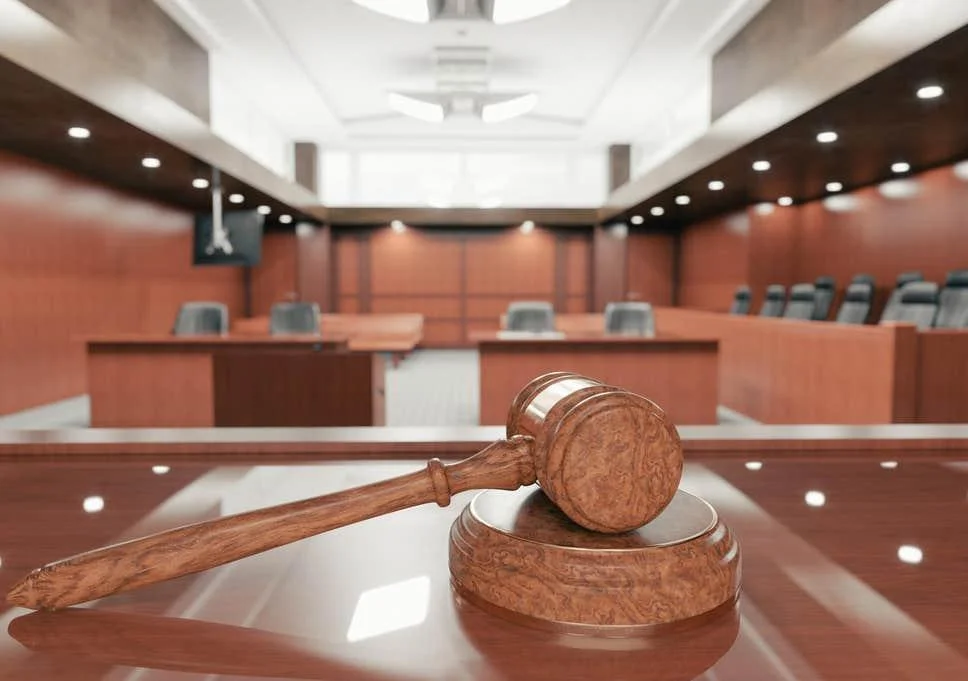
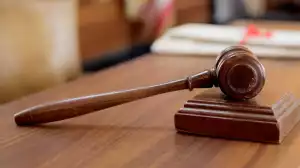

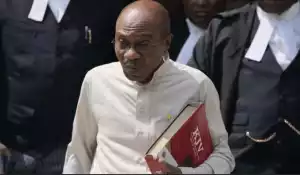




![The Arctic Convoy (2023) [Norwegian]](https://www.memesng.com/r/storage.waploaded.com/images/8679ad0202979d534bbef234da54d83f.jpg?w=50&ulb=true&ssl=1)
![Guilt 3 Ek Anjaan Risthey Ka (2024) [Hindi]](https://www.memesng.com/r/storage.waploaded.com/images/67d0be1234a7f7f303be3aa7464047ca.jpg?w=50&ulb=true&ssl=1)










![Kehlani - After Hours [Video]](https://www.memesng.com/r/storage.waploaded.com/images/a9ec4d47566ea963a292e2e977e18337.jpg?w=50&ulb=true&ssl=1)
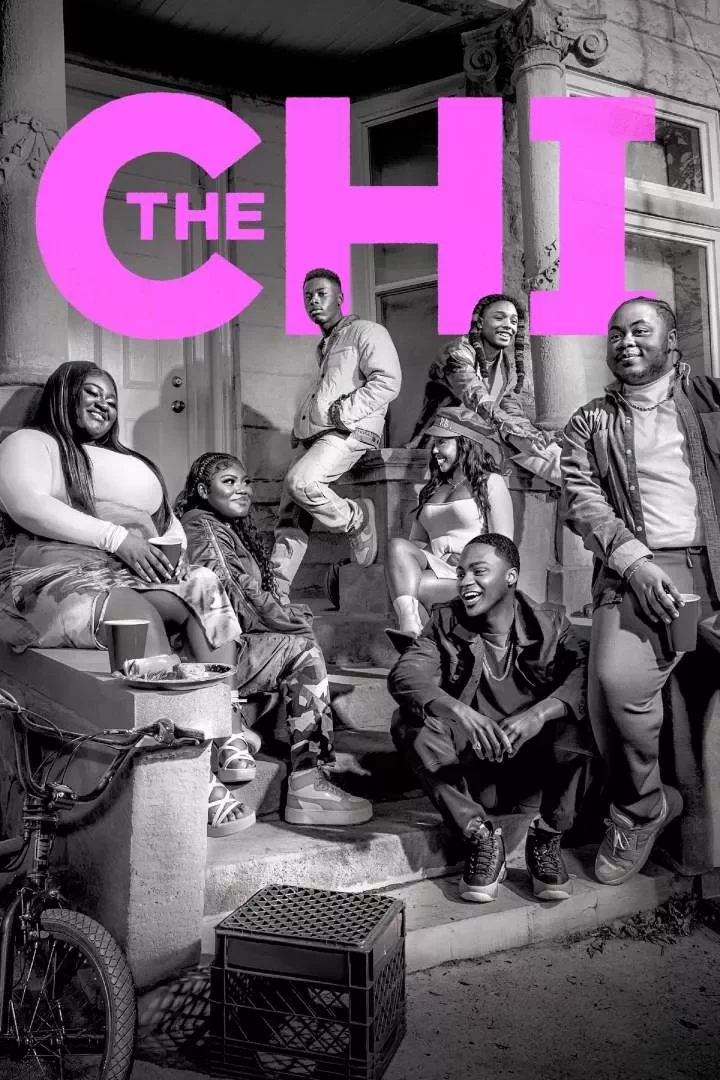




{{comment.anon_name ?? comment.full_name}}
{{timeAgo(comment.date_added)}}
{{comment.body}}
{{subComment.anon_name ?? subComment.full_name}}
{{timeAgo(subComment.date_added)}}
{{subComment.body}}